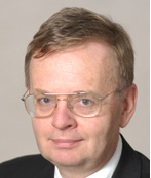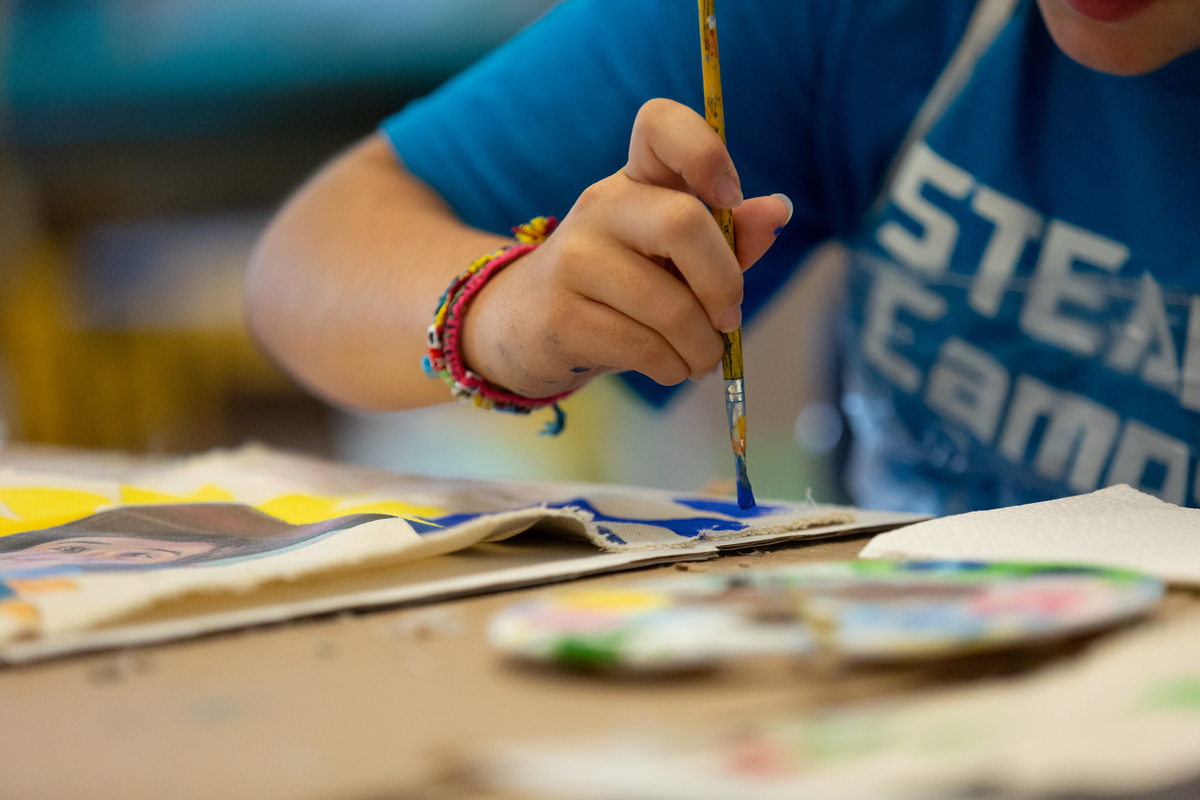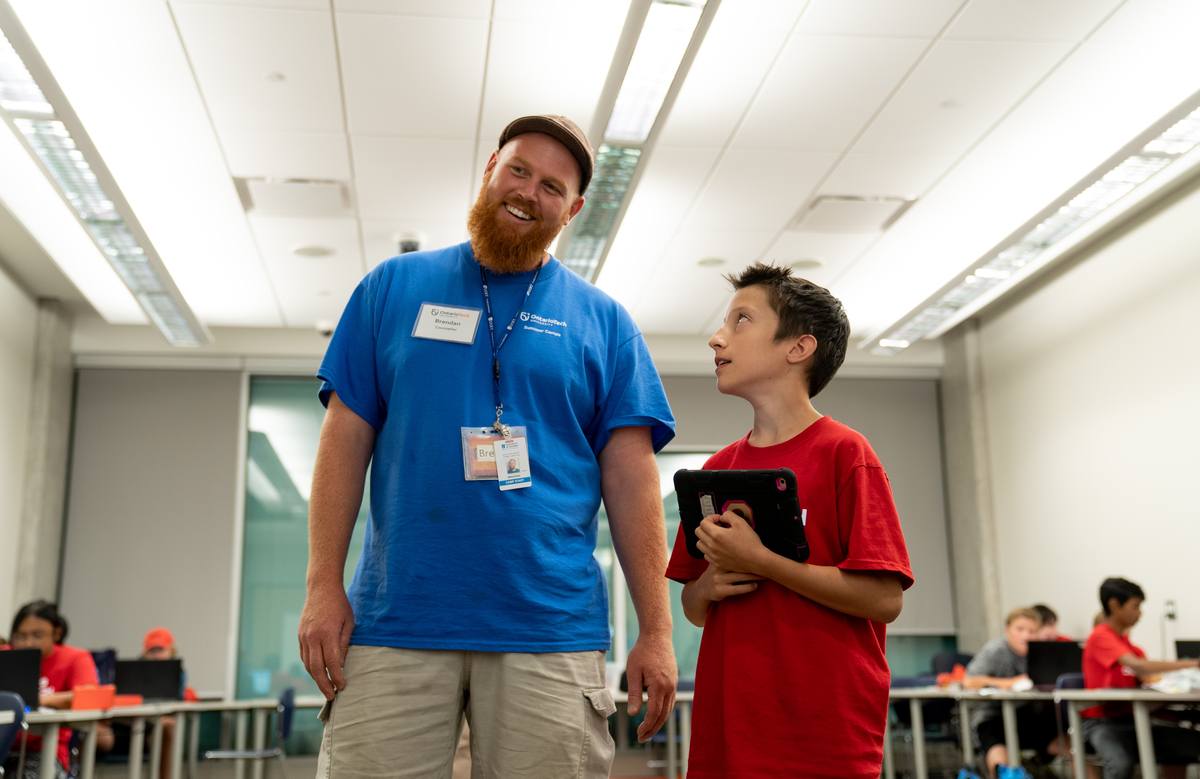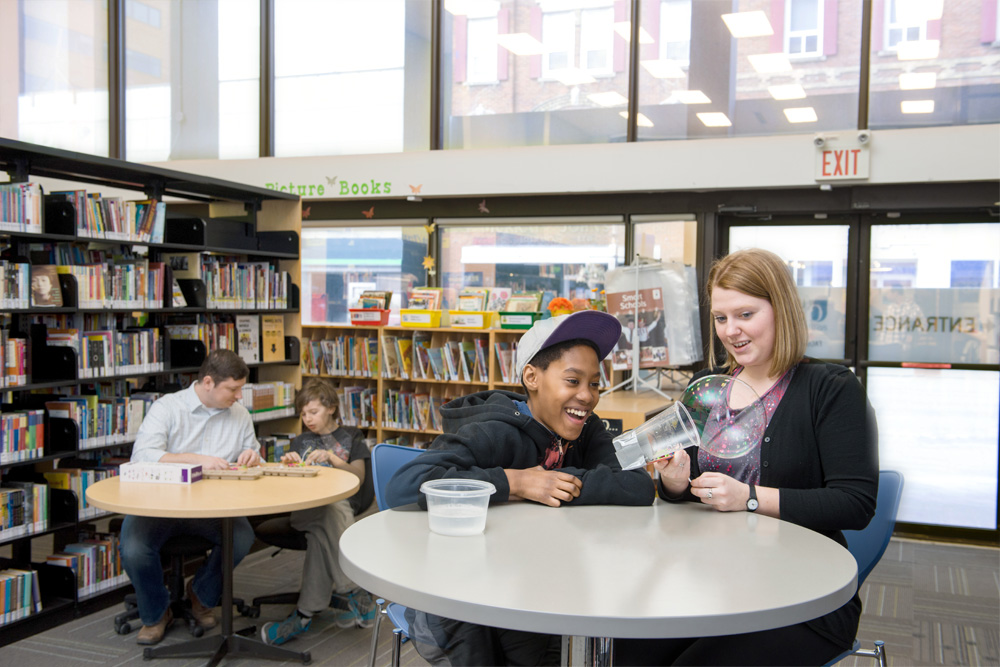William Humber
 William Humber developed and manages a novel approach to green citizenry accessible at: www.thegreencitizen.ca. He is one of two principals of the “Regeneration Institute for the Great Lakes” (ReIGL), Seneca’s partnership with McMaster University’s ArcelorMittal Dofasco Centre for Engineering and Public Policy.
William Humber developed and manages a novel approach to green citizenry accessible at: www.thegreencitizen.ca. He is one of two principals of the “Regeneration Institute for the Great Lakes” (ReIGL), Seneca’s partnership with McMaster University’s ArcelorMittal Dofasco Centre for Engineering and Public Policy.
With his McMaster collaborators, he jointly wrote The Regeneration Imperative: Revitalization of Built and Natural Assets (CRC Press, 2016) for use by postsecondary Institutions, municipalities and private agencies. His bio-capacity enhancement initiatives at Seneca include a community garden (started in 2011) and an apiary (started in 2014).
He has a Masters in Environmental Studies from York University (1975) and is author of twelve books, the most recent of which is described above. In co-authorship with his son Darryl, he wrote Let It Snow: Keeping Canada’s Winter Sports Alive (2009) covering Canada’s winter sports heritage and how climate change threatens their survival.
In Bowmanville, he is President of Valleys 2000 which constructed a fish passageway on the Bowmanville Creek, and is Secretary for the Jury Lands Foundation seeking to re-purpose lands and buildings, which once housed a famed prisoner-of-war “Camp 30”, a recognized national historic site. In 2012, he received Canada Mortgage and Housing Corporation’s national award for educational leadership in sustainability. He has been listed in the Canadian Who’s Who for over 25 years.









